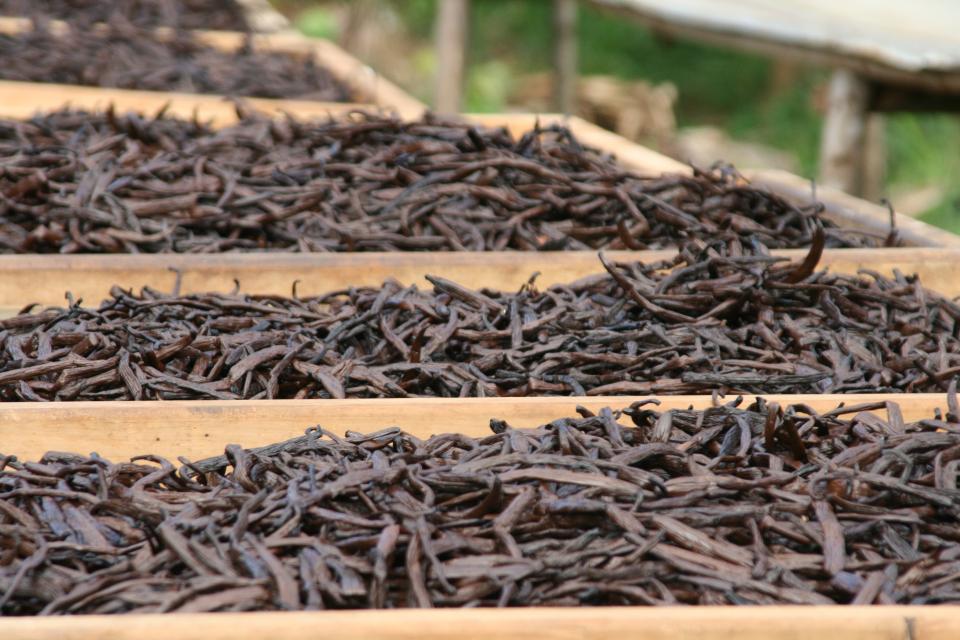Vanilla producer remains steady despite volatility
Monday, 11 April 2016
Short supply chains and Tongan-sourced vanilla are shielding New Zealand’s premium vanilla grower and producer from turmoil that has seen the global price for vanilla beans rocket.
Production problems on Madagascar, the world’s dominant producer of vanilla beans, has seen the price shoot up by as much as 300 percent in a year. With demand now outstripping supply, the global price for vanilla continues to rise.
Heilala Vanilla, New Zealand’s only vanilla grower and manufacturer of premium vanilla products, is keeping a close eye on Madagascar.
"We’ve seen the market price of vanilla rise over the past 12 months, and sharply over the last 12 weeks,” says CEO Jennifer Boggiss. “This is mainly due to increasing demand, and unfavourable growing conditions that resulted in weak flowering and lower yields.”
When needed, Heilala has sourced a small amount of vanilla beans from Madagascar to use in its manufactured product range. However, sourcing beans from its own plantation on the island of Vava’u and strong partnerships with its growers throughout the Kingdom of Tonga, has protected it from the current volatility.
“Our supply chain is very short and very transparent, while other supply chains go through many traders and wholesalers before being offered to customers. We also have close relationships with both our growers and our customers which has been an important factor in the growth of our business,” says Jennifer.
“We have always paid our growers above the market price, even when the prices in the industry were low. This takes out the large fluctuations in their returns and ensures they are rewarded fairly rather than being exposed to global price volatility.”
Jennifer says a high price for vanilla can have a big impact, with food and beverage manufacturers seeking out alternatives to using pure vanilla in their products.
“We work closely with manufacturers to emphasise the difference between using artificial vanilla flavours versus real vanilla,” she says. “The cost per serve to use the real deal is minimal. But large price fluctuations are damaging to the industry, and we don’t want manufacturers to have an excuse to not use pure vanilla.”
Jennifer says Heilala will continue to build on the company’s successes in Tonga and has several exciting long-term developments in the pipeline. They include working with growers to increase the size of their plantations. Heilala has also identified promising vanilla-growing land areas on some of Tonga’s more remote outer islands.
“By having continuity of a growing supply chain, we can secure more customers, and more importantly, ensure long-term financial security for our growers in Tonga while reducing price fluctuations for food manufacturers and customers.”


